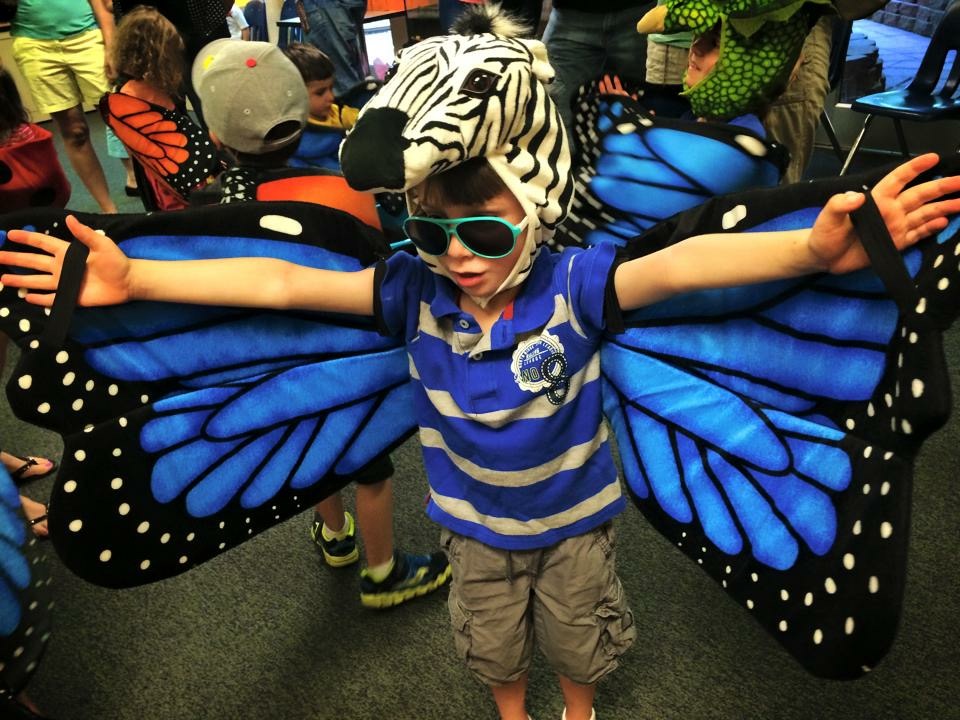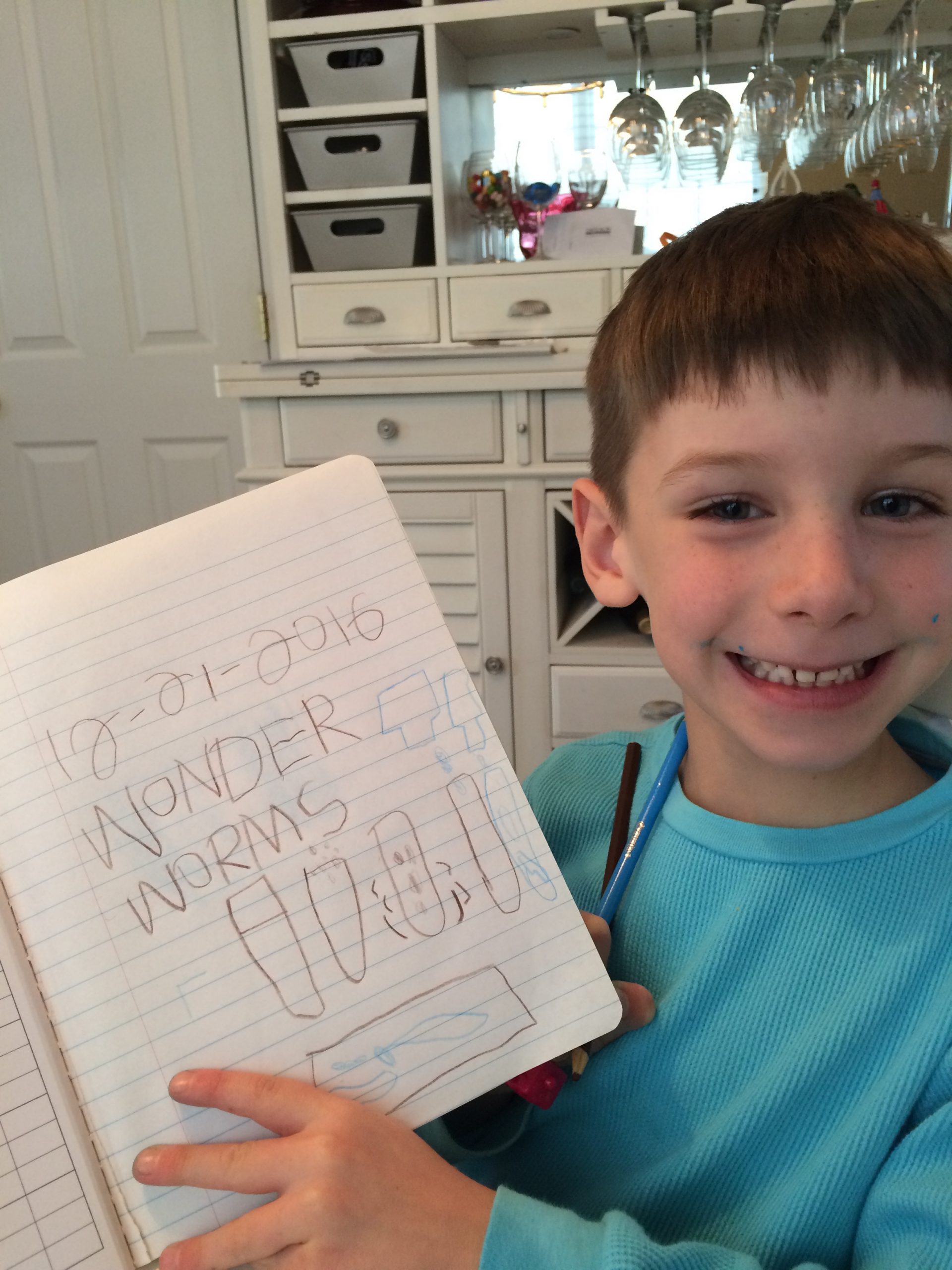Strong bonds between students and teachers do not always exist. Teachers, as adults, usually hold their reactions with unkind comments from students. However, students aren’t always in control of their emotions. As teachers form bonds with students, training and experience are necessary for new and experienced teachers.
Comments and disruptions have nothing to do with the teacher. Teachers should not take it personally. However, many teachers take it to heart. Many comments from students are hurtful and striking back is a normal reaction. For this reason, learning how to regulate emotions is important. It’s critical to take a breath and step away to become calm.
Strong Relationships
It’s easy to bond with compliant students. The difficulty lies in the student that is a behavioral problem or one that is a challenge to everything. Form relationships and bonds with students in the beginning by learning about their interests. It is best to find common ground early. Empathy forms bonds and knowing students. Engage students in personal conversations before class, after class, or during recess. Change the role of the educator and keep conversations casual.
Support all students even if they are non-compliant. Treat all students equally to create a positive classroom climate. Look for clues that show why the student is upset. Students can tell if an adult is not interested in their feelings. Don’t force compliance with angry students. Let things deescalate. Keep notes on why students get upset.
- Make notes of the situation that triggered an emotion.
- Label the emotion and how a student responds.
- Note the strategies that work or don’t work.
Understanding how and what happened will prevent future disturbances or outbursts.
Good Emotions and Strong Bonds
Students that understand their feelings do better at school. Teach there are different emotions: anger, sadness, worry, embarrassment, excitement, guilt, happiness, and more. Feelings and emotions have intensities and forms from various thoughts and situations.
As students speak out of anger, it’s important not to react but to acknowledge the emotion and express empathy. Do not ignore the emotion, react in anger, or give advice. Find out the underlying reason for the anger.
All children need positive reinforcement, especially when they express negative feelings. Students and teachers don’t always have good days. However, faced with a positive attitude, the classroom climate improves.



